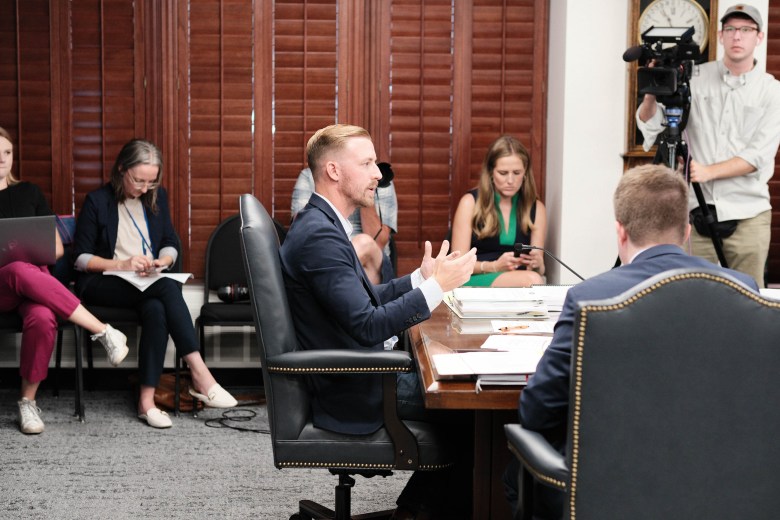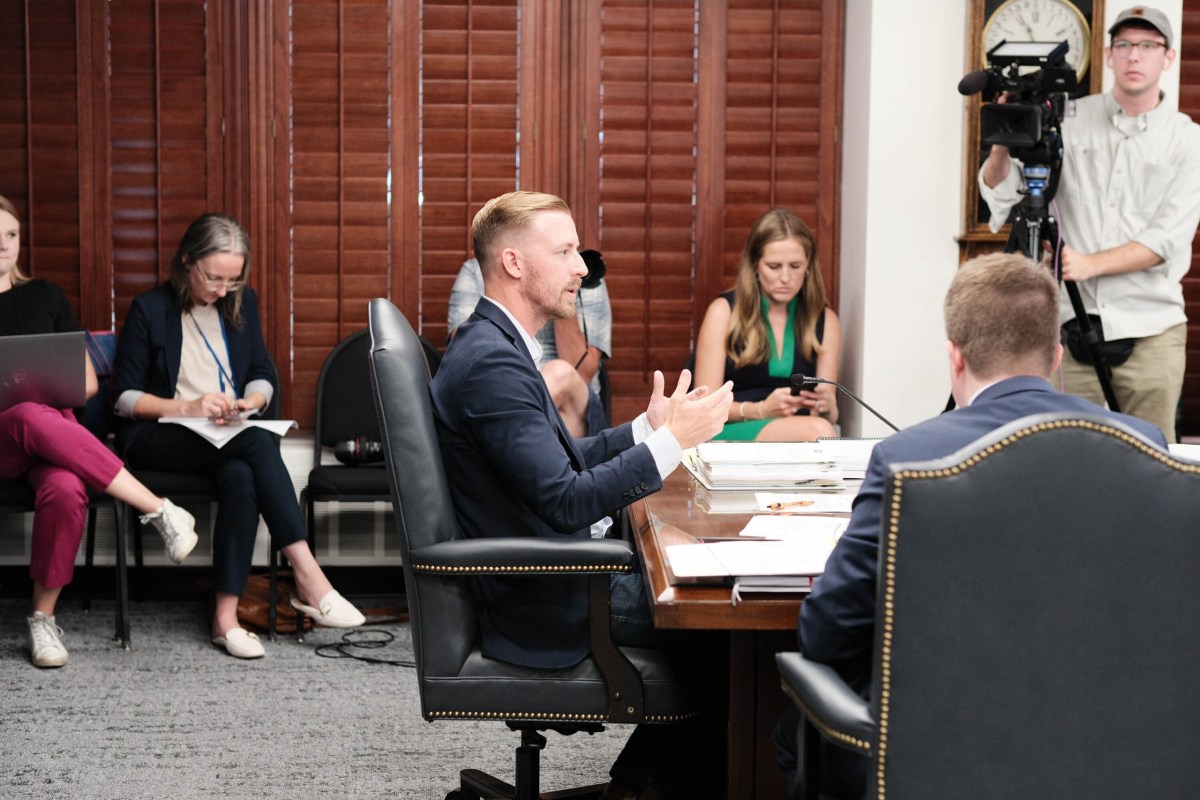|
Listen to this article here
Getting your Trinity Audio player ready...
|
Starting in 2024, Oklahoma families who choose to send their children to private schools will be able to receive tax credits. Families that have an annual income of $75,000 or less can receive up to the maximum credit of $7500. Families that make $250,000 and over are eligible for up to $5000. The application process, which became active on Dec. 1, was announced by Gov. Stitt.
The median household income of Oklahoma residents is $61,000, but only $33,000 for Black families. The top private schools in Oklahoma, including Cassady School and Holland Hall, have annual tuitions of over $20,000. For average Oklahoma families, sending children to those schools even with a tax credit is unachievable. There are more affordable private school options starting at roughly $2000 a year but the quality of the education is uncertain and varies.
State School Leader Supports the Private School Voucher Program
Superintendent of Public Instruction Ryan Walters has been adamant about his support of the voucher program. He took to social media earlier this year to say that Oklahoma should have the most comprehensive school choice in the country. “It means that parents should have the freedom to choose the school that best meets the needs of their kids,” Walters’ proclaimed in his post. Although he is the Superintendent of Public Schools the new tax credit will divest money from public schools so children can attend private institutions.
Freedom of religion in schools is a topic he cites often. In September, he announced a partnership between the Oklahoma State Department of Education and PragerU, a nonprofit that promotes conservative viewpoints in education. This partnership and the private school tax credits are some of his most notorious efforts to establish religious influence on schools. It is unconstitutional to have organized prayer in school, so Walters has opted for the next best option, using State taxes to fund private schools.
Private School Voucher Program Could Impact National Ranking
According to the U.S. Department of Education, Oklahoma ranks 45th in the nation for education. Private school tax vouchers redirect money from public schools, decreasing their annual monetary allocation. The Oklahoma State School Board Association opposes private voucher programs because of the harm they cause to the public school system. Public schools are already significantly underfunded which contributes to our national ranking. Some educators believe that the new tax credit will further exacerbate the problem.
Related Stories
Teacher Opinions
Becky Painter, an English teacher in the Sand Springs Public School District sat down with BWST to give her thoughts on the matter. As an educator of 12 years she first went into the education field because of her positive experiences with past teachers. When asked if she supports the new private voucher program she responded, “No, I don’t.”
She goes on to say, “I feel like all they’re doing is shifting what would end up being a lot of front end work to the back end. We just don’t know what that’s going to look like until this money starts being siphoned away from our rural schools. We’re really entering an area of unknown and I don’t think it’s going to be good no matter what direction it goes in.”

Accreditation
On the subject of funding being diverted from public schools to private ones she said, “It doesn’t make sense that you would shift funding because you’re unhappy with a product to a system with no accountability controls.” And she’s correct. Private schools in Oklahoma do not have to have the same accommodations for special education. Additionally, there is no set standard for private school accreditation but they must be comparable to the standards that public schools have.
Funding
The biggest toll that underfunding takes on schools is classroom and faculty size. During the height of the COVID-19 Pandemic, Oklahoma schools had to do major reevaluations in terms of classroom size limits. Teacher pay in the state has also influenced educators to relocate to places that offer a more stable income. Painter stated, “For me, it always comes down to class sizes. Until they fully fund the number of teachers that you need to keep the class sizes manageable, then that’s always going to be a problem.” One of the popular aspects of private schools is the smaller class sizes, which could be achieved in public schools if teachers were better funded.
Her final remarks were, “I feel like public education is a form of social infrastructure that we underestimate what it does for our communities. We’re creating a shift here that is going to have a much worse consequence than people realize.”



Leave a comment